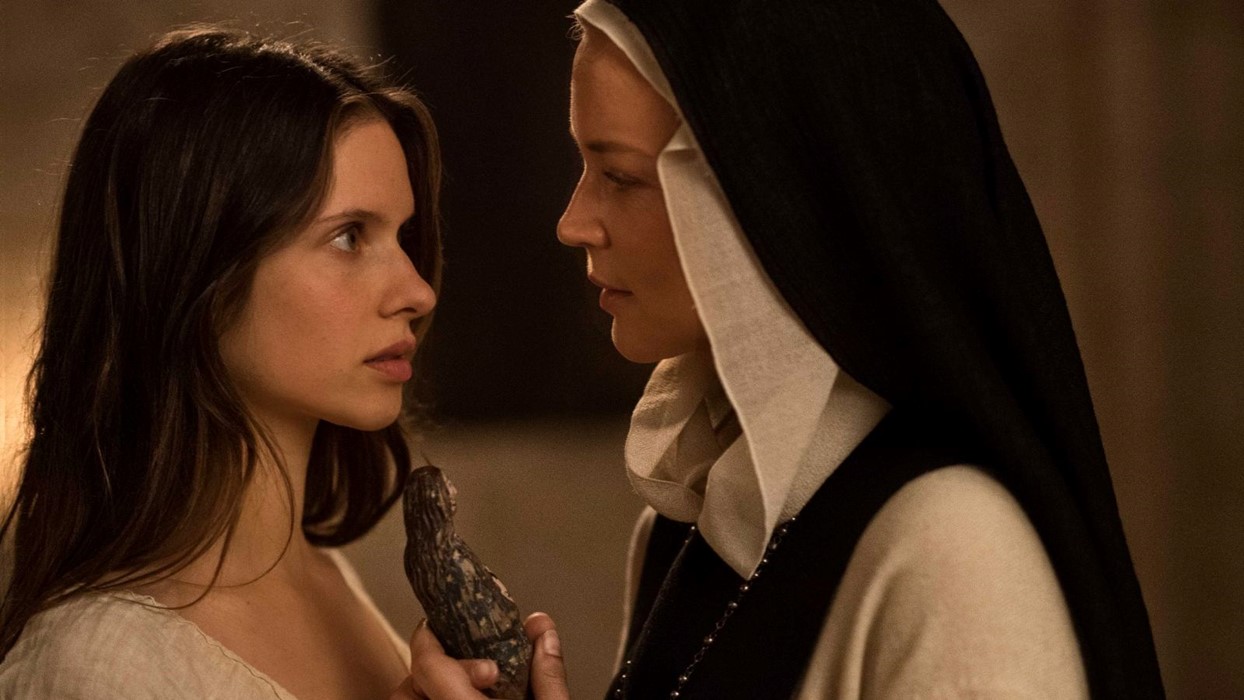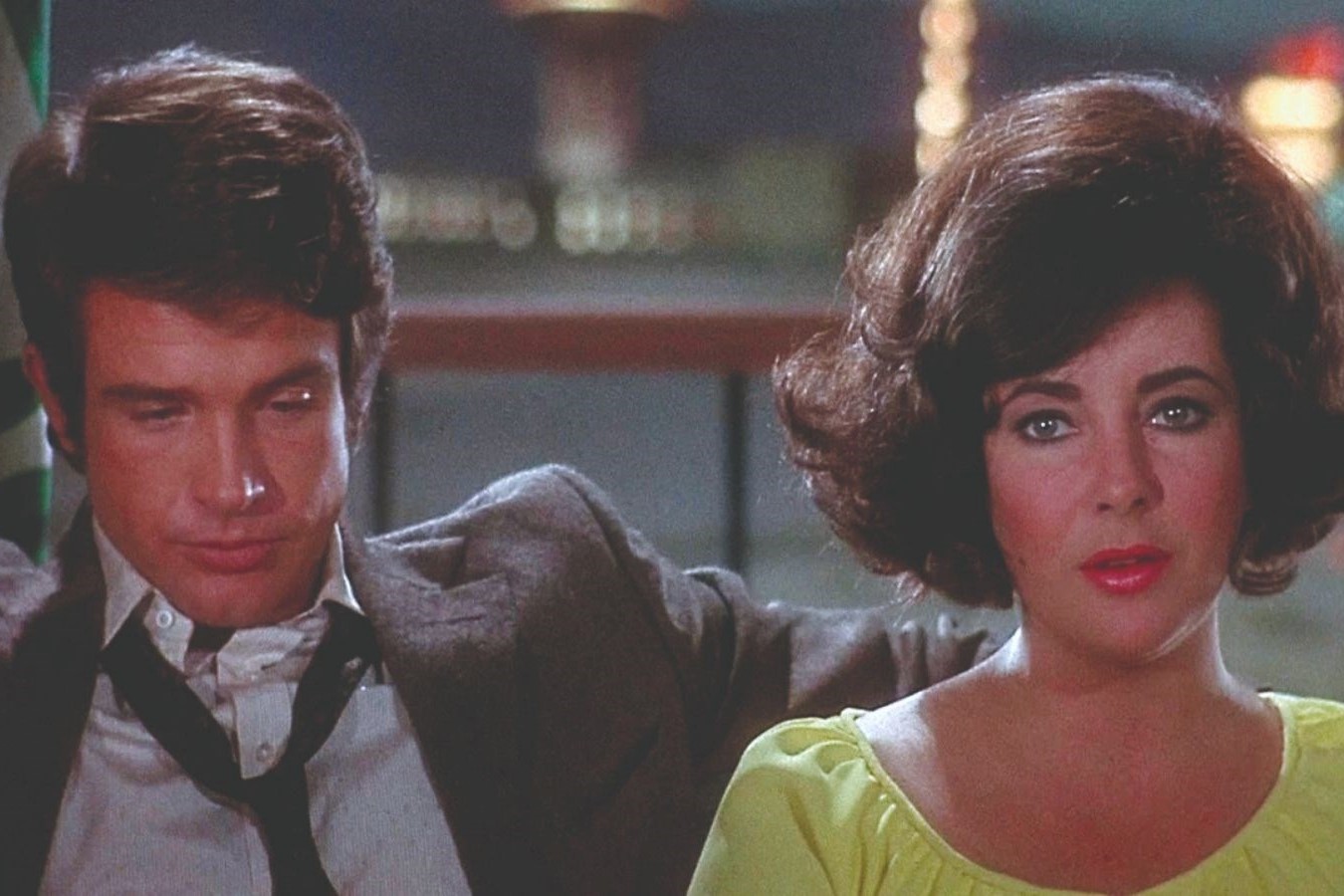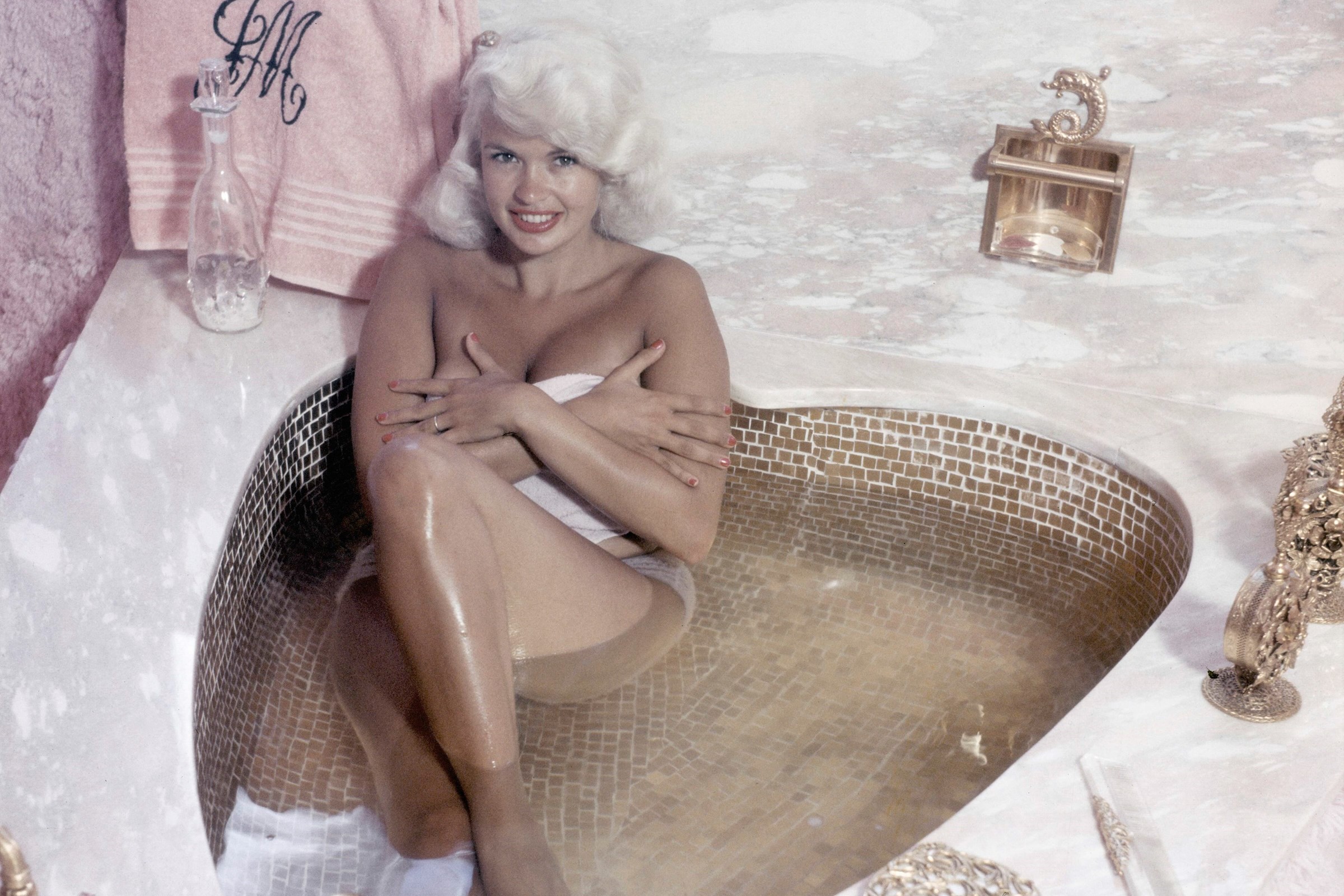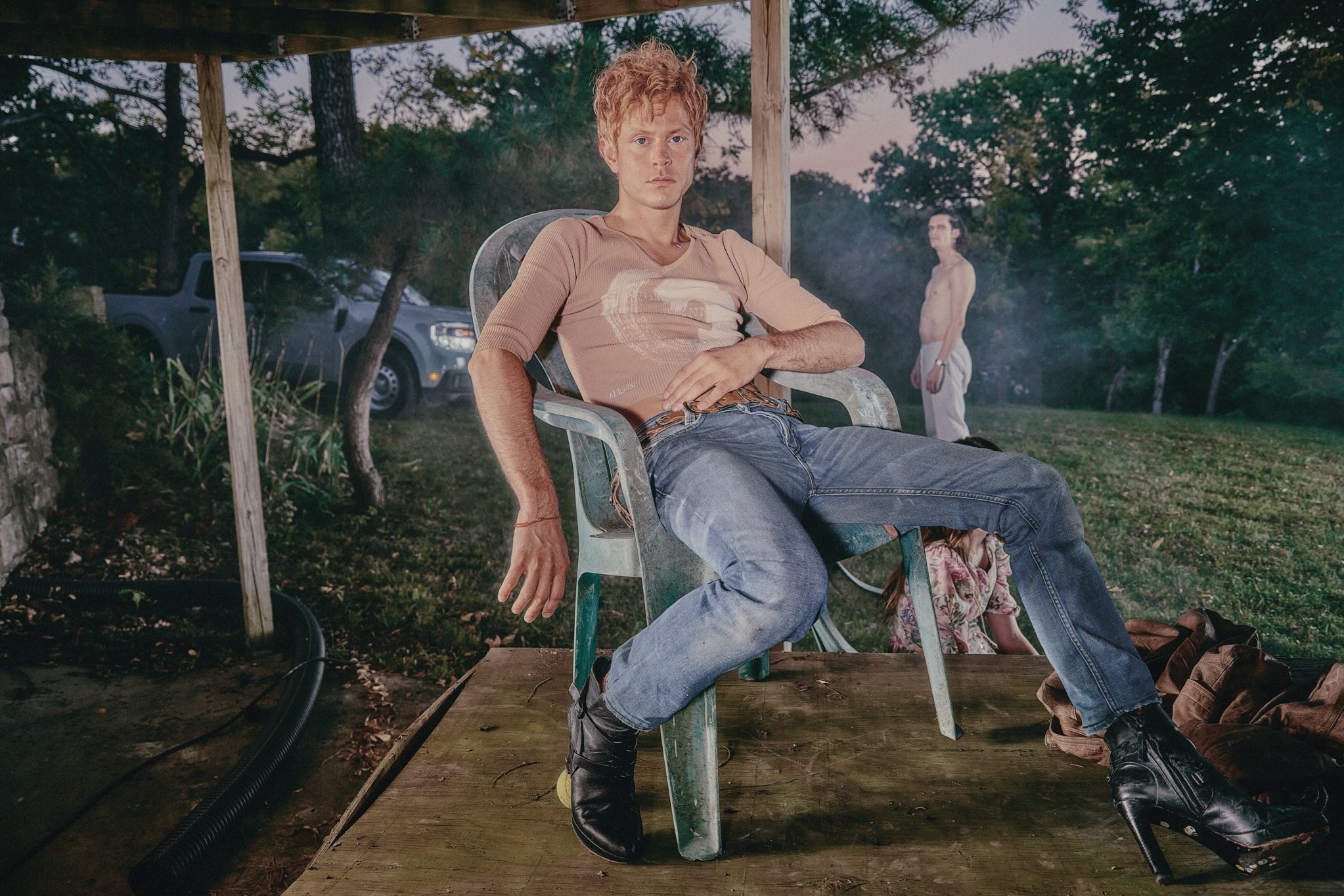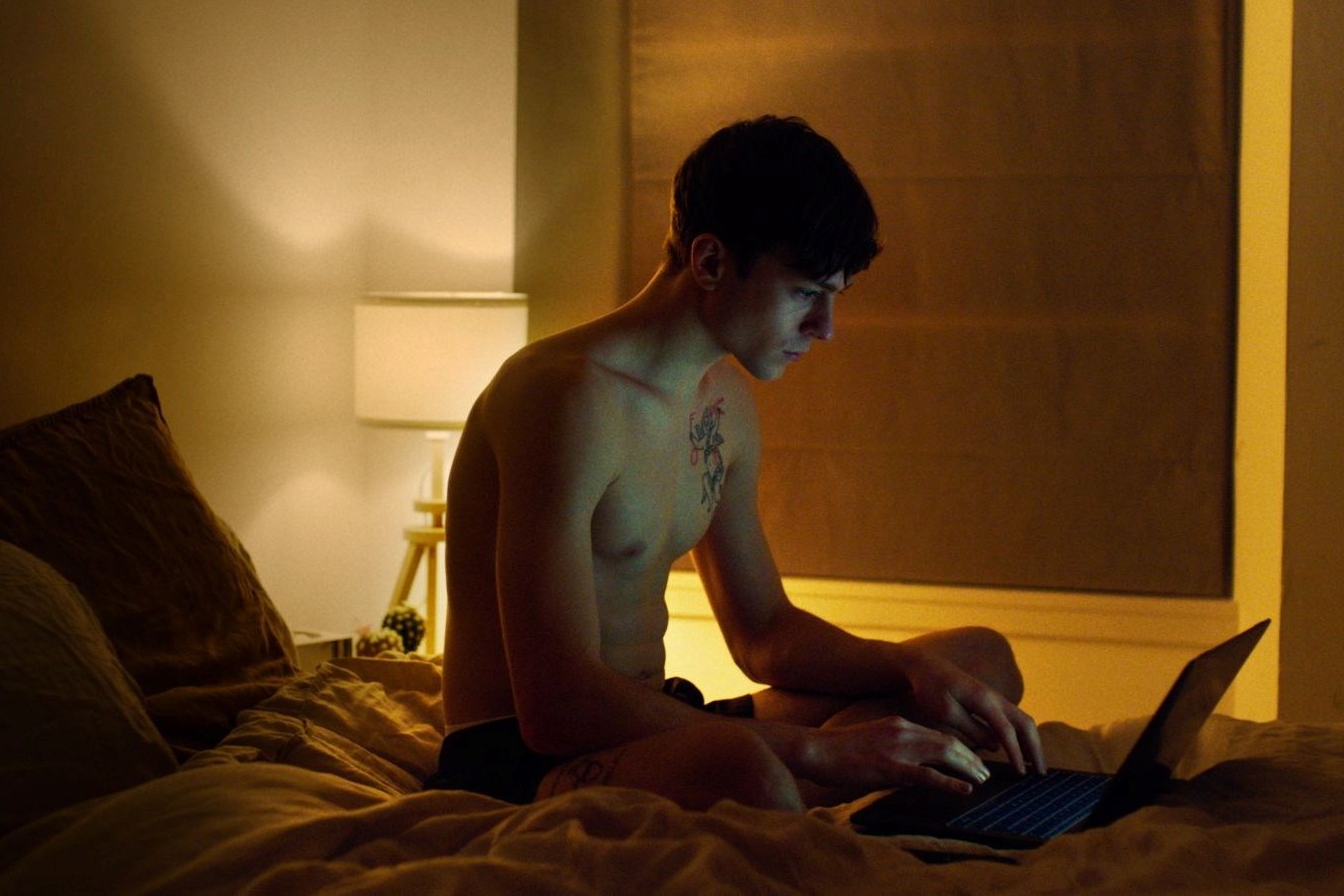Silly, serious and sexually unhinged, Paul Verhoeven’s latest film is a nunsploitation flick for the ages
When it comes to nuns, there’s a long and venerable line of cinematic shit-stirrers who have taken great delight in giving us, well, nuns who come. From Luis Buñuel (Viridiana) and his punk understudy Pedro Almodóvar (Dark Habits) to Ken Russell’s demented opus The Devils, movie history groans under the weight of films pricking the sacred with the profane – and into this ignoble tradition steps Paul Verhoeven with Benedetta.
Loosely based on the exploits of a real historical figure, Verhoeven’s follow-up to the acclaimed Elle is the tale of a 17th-century Italian nun (Virginie Efira) who experiences a series of disturbing and erotically-charged visions. As she begins to stake her claim as a miracle worker, the church is faced with a dilemma: embrace this woman as proof of God’s power, or denounce her as a heretic. To complicate matters, Benedetta has just entered into a lesbian relationship with the nunnery’s newest recruit, Bartolomea (Daphne Patakia), a sexually precocious young girl from an abusive family.
As the director of Basic Instinct and Elle, Verhoeven is no stranger to shock. And he’s not afraid to indulge the story’s trashier elements here, giving us campy visions of Christ as a hunky avenging figure as well as some of the more spectacular scenes of lesbian lovemaking this side of The Handmaiden. When Bartolomea discovers a cherished wooden figure of the Virgin Mary in Benedetta’s room, it’s like the first appearance of Chekhov’s famous gun – you know exactly where it’s going on the second.
But that’s not to say the film isn’t thematically rich. The story unfolds as the plague is ripping through Italy, and miracles are in short supply. Verhoeven plays off the secular and religious elements of his film with typical mordant wit, acknowledging our innate need to make meaning of the events that shape our lives. Watching the flagellating monks and self-serving prophets of Benedetta, we’re reminded of today’s climate of vaccine microchip ‘truthers’ and 5G conspiracy theorists, with the state and big business replacing God as dispenser of cosmic woe.
Charlotte Rampling gets a juicy supporting turn as Abbess Felicita, a worldly figure whose religious convictions are up for debate. (“Miracles sprout like mushrooms from the earth,” she reasons at one point, “usually they’re more trouble than they’re worth.”) The Abbess grows to distrust and eventually despise Benedetta for her visions, which have some pretty devastating real-world consequences. But later, she comes to see her as a symptom of the ways in which the church is bound up with money and power, and specifically male power. (In a grisly echo of one ‘romantic’ scene involving the wooden Mary idol, a cleric threatens a nun with the ‘pear of anguish’, a medieval torture device we’ll let you do the Googling on.) Verhoeven’s depiction of a lesbian character as a sex-crazed serial killer in Basic Instinct earned him accusations of homophobia in the past, but it’s to his credit that Benedetta makes us think about the role that nunneries might have played in medieval society, as a sanctuary from a world that held women in contempt, and a place of work granting them a measure of agency.
As for Benedetta, it’s telling that Verhoeven, like the Abbess, refuses to condemn her for her zealotry. Her claims on martyrdom, however questionable, at least seem to be sincerely held – which is more than can be said for the men who hold the reins of power. And in that sense, maybe she is doing the Lord’s work after all.
